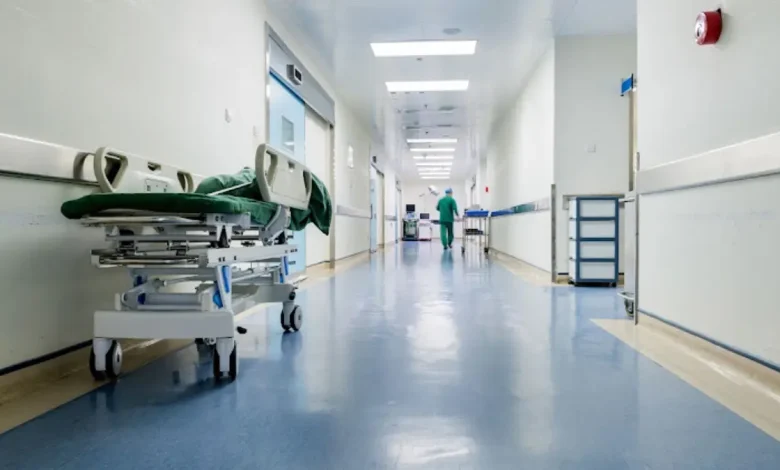SAHRC Urges Equal Healthcare Access for All, Regardless of Nationality

The South African Human Rights Commission (SAHRC) has reaffirmed that everyone in South Africa has a constitutional right to access healthcare. This right applies to all people, no matter their nationality or immigration status. The SAHRC made this call after receiving reports that foreign nationals were denied medical care at public clinics and hospitals. The commission strongly condemns this practice as unlawful, unethical, and unfair.

ALSO READ: Patriotic Alliance to Report FlySafair Passenger Nobuntu Mkhize to SAHRC After Viral Video
Constitutional Right to Healthcare for Everyone
South Africa’s Constitution clearly guarantees healthcare access for everyone in the country. This includes citizens, refugees, asylum seekers, undocumented migrants, stateless persons, and vulnerable groups like children and the elderly. Section 27(1) states that everyone has the right to healthcare services, including reproductive care. Section 27(3) adds that emergency medical treatment cannot be denied to anyone, no matter the situation.
This legal framework shows South Africa’s commitment to human dignity and health rights. It stresses that healthcare is a universal right, not limited by nationality or legal status.
Growing Concerns Over Healthcare Denials
Despite these clear laws, the SAHRC has received many complaints from civil society and healthcare workers. They report that foreign nationals are being turned away from medical facilities. This worrying trend is seen as a new form of xenophobia. It threatens public health and breaks constitutional protections.
SAHRC Commissioner Sandra Makoasha said denying healthcare based on nationality breaks national law and South Africa’s international human rights commitments. She stressed that no individual or group has the right to block healthcare access or enforce immigration rules in medical facilities. Only the Department of Home Affairs and the South African Police Service can act on immigration matters, and only when following the law.
Impact on Public Health and Systemic Issues
The commission warns that excluding foreign nationals from healthcare could increase the spread of diseases like tuberculosis (TB) and HIV. These diseases remain major public health problems in South Africa. Makoasha pointed out that untreated illnesses in any group put the whole population at risk. Inclusive healthcare is essential to control diseases effectively.
Some critics blame foreign nationals for overloading the healthcare system. However, the SAHRC says deeper problems cause these challenges. Chronic underfunding, staff shortages, long waiting times, and poor infrastructure limit the system’s ability to provide quality care to all patients.
Calls for Fair and Non-Discriminatory Healthcare
In response, the SAHRC calls on all public healthcare providers and provincial health departments to follow their constitutional and ethical duties. They must ensure healthcare access without discrimination. Healthcare workers should treat every patient with respect and fairness, no matter their nationality or legal status.
The commission is actively monitoring hospitals and working with health authorities to solve these problems. It encourages anyone denied healthcare or fearing exclusion to report to the SAHRC or the Health Ombudsman. This helps hold providers accountable and protect people’s rights.
Balancing Rights and Resources
The debate over healthcare access has drawn criticism from some political groups. They argue that the current laws put too much pressure on South Africa’s public health resources. These groups want reforms to prioritize citizens while managing the effects of undocumented migrants.
Experts note that the Constitution does not separate citizens and non-citizens when it comes to healthcare rights. Instead, they suggest creating sustainable solutions, like cost-sharing agreements with neighboring countries. This can support the system financially without limiting universal access.
NOW READ: Healthcare Access for Undocumented Migrants in South Africa: What You Need to Know
Protecting Human Rights for a Healthier South Africa
The SAHRC’s position highlights the need to protect human rights for everyone. Denying healthcare based on nationality breaks the law and harms public health and social unity. South Africa must address its healthcare challenges while ensuring equal access for all. This approach is vital for the country’s growth and wellbeing.




